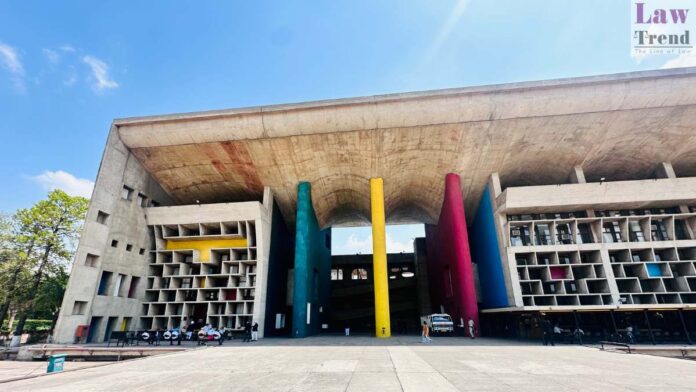In a significant ruling on August 27, the Punjab and Haryana High Court dismissed a petition by Sikandar Singh Chokker, son of Haryana Congress MLA Dharam Singh Chokker, against his arrest by the Enforcement Directorate (ED). The court upheld the criminal proceedings related to charges of money laundering involving the alleged misuse of homebuyers’ funds.
Presiding over the case, Judge Mahabir Singh Sindhu determined that the allegations against Sikandar, implicating him in a large-scale financial fraud, were substantial. The court cited ten Supreme Court judgments to justify the issuance of the arrest warrant and the subsequent legal procedures.
Sikandar, arrested on April 30 from a hotel in Haridwar, was connected to a case involving the Mahira Group—a company allegedly under his beneficial ownership—accused of duping homebuyers. Despite initially responding to the ED’s summons, Sikandar ceased cooperation, leading to a non-bailable warrant against him.
The High Court scrutinized Sikandar’s petition under section 482 of the Criminal Procedure Code (CrPC), which sought to quash his arrest warrant, actual arrest, and ED remand. The court pointed out that the petition failed to acknowledge the gravity of the accused’s actions, which purportedly involved the misappropriation and laundering of approximately Rs 363 crore from 1,500 prospective homebuyers.
“The petitioner is found to be the beneficial owner of not only Mahira Group but also several shell companies, and is heavily involved in money laundering activities,” the court stated, describing the plea as a misuse of legal processes.
Further, the court noted that Sikandar’s attempts to evade arrest, including an incident where he tried to escape custody under the pretense of needing to urinate, showcased a blatant disregard for the rule of law. This behavior, combined with his involvement in other criminal activities, led to the court’s decision.
The High Court’s judgment was also influenced by previous cases such as those involving Delhi Chief Minister Arvind Kejriwal, where the Supreme Court had laid down clear guidelines regarding the issuance of arrest warrants and the provision of reasons to the accused.




